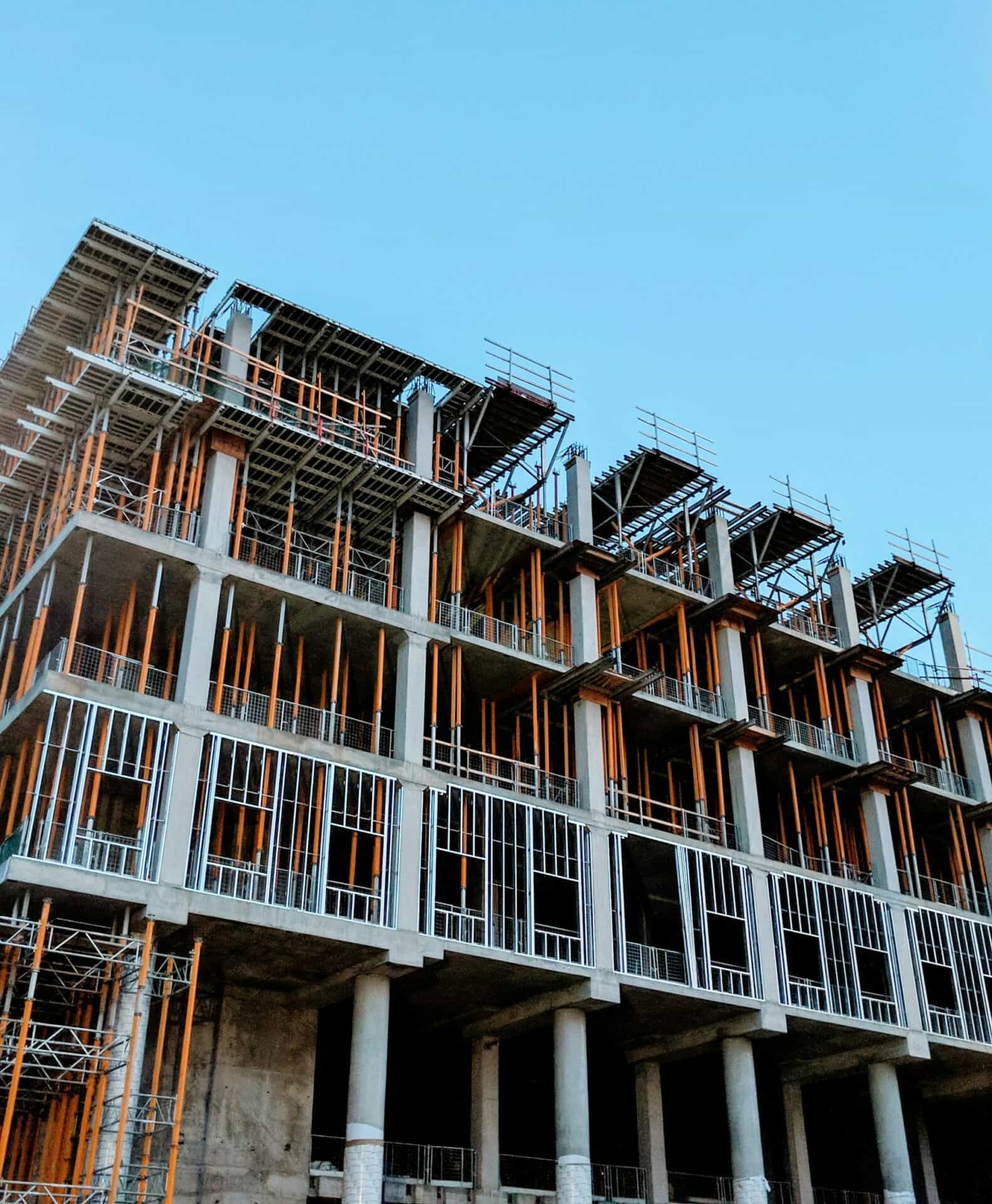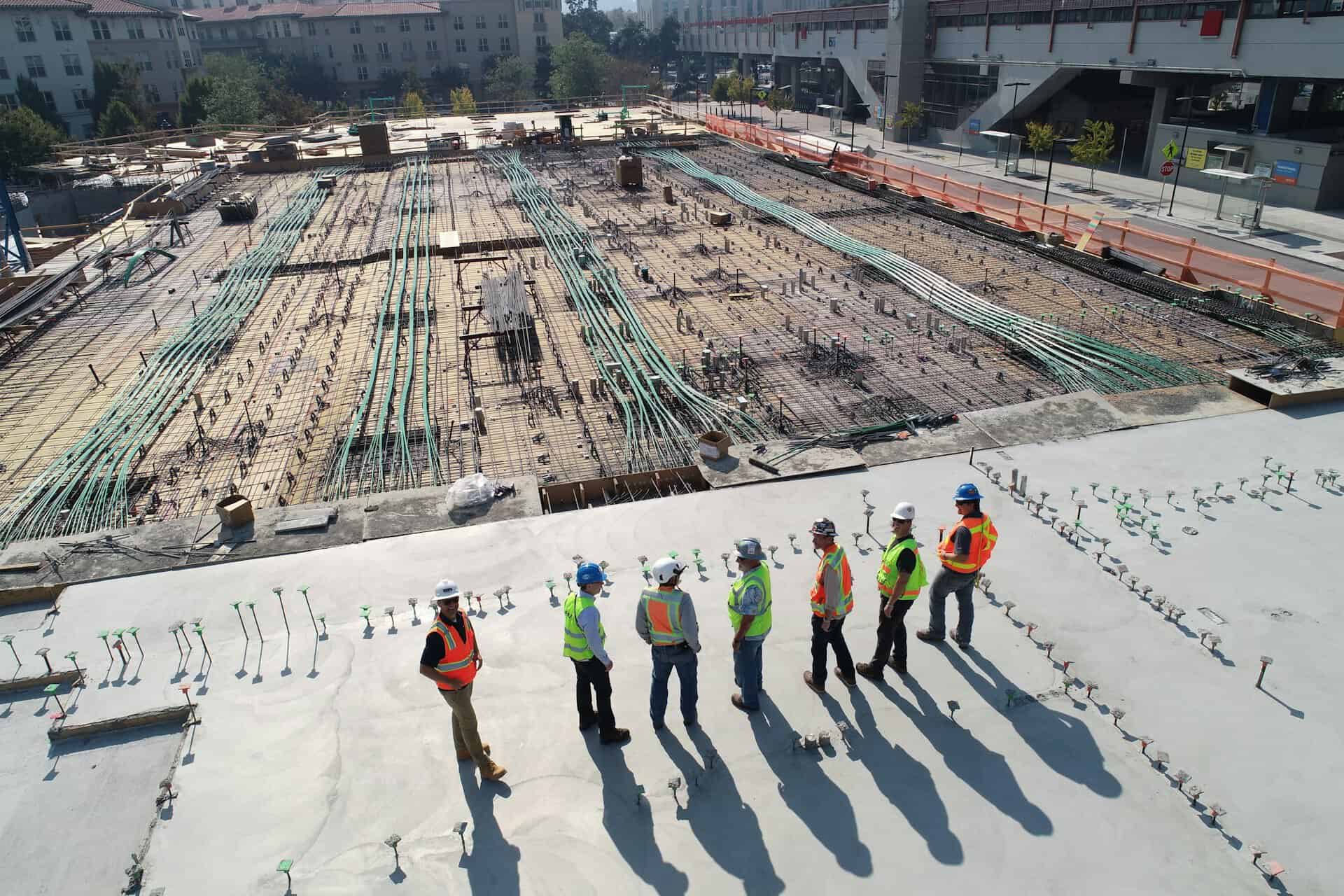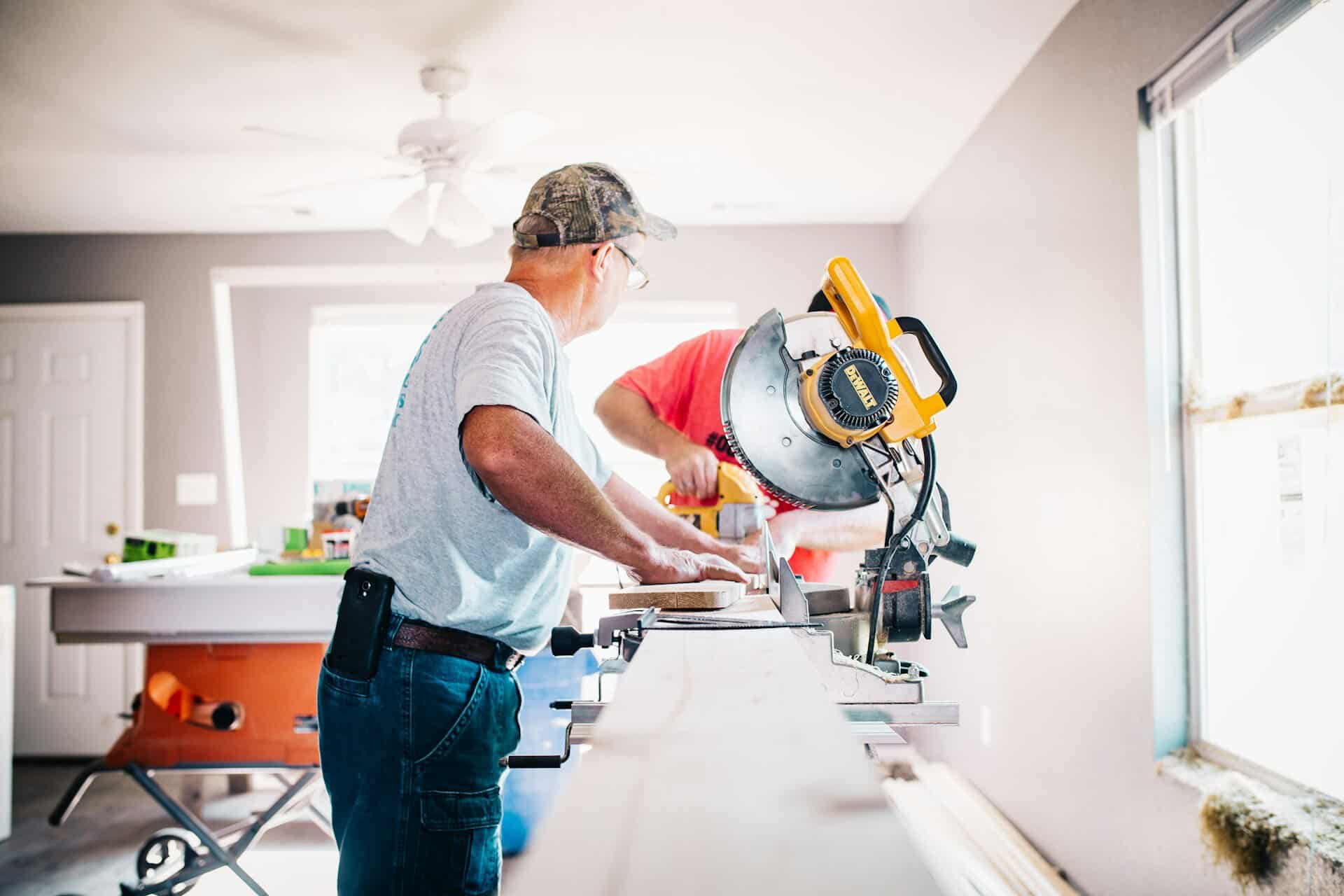If you’re selling your home or acquired property through inheritance, you’ll need to obtain a retrospective valuation property report. Yet, so many property investors and property owners are unaware that you need to know the current value of your property and the value on the day you acquired it.
This is where a retrospective property valuation comes into play.
We’ve put together this retrospective property valuation guide to help you establish when you might need one and how to get your hands on one.
What Is a Retrospective Valuation Property Report?
A retrospective property valuation, often referred to as a backdated historical property valuation, provides an official estimation of a property’s market value at a specific date in the past. This is essential for various purposes, including calculating capital gains tax liabilities, especially where the Australian Tax Office (ATO) mandates it.
The Australian Tax Office (ATO) requires property investors to submit a capital gains tax property valuation report to establish the capital gain they may have made on the sale of their investment property.
As your capital gains tax liabilities will depend on the property’s increase in value from the time it was purchased or first used as an investment property to the time it is being sold, it may be necessary to conduct a retrospective valuation for CGT purposes – especially if you’re unsure whether the price in the original sale agreement was an accurate valuation.
There are, however, other circumstances that may also require you to obtain a retrospective valuation property report including when you are separating from a spouse or when inheriting property.
Retrospective Valuation When Separating from a Spouse
When a couple decides to part ways, the division of assets, especially property, becomes a crucial aspect of the separation process. In many cases, the family home or other real estate investments are among the most significant assets a couple owns.
For a fair distribution of assets, it’s essential to determine the current market value of the property. However, in the context of separation, the valuation isn’t based on the present day but rather on the official date of separation. This is because the property’s value can fluctuate over time due to various factors such as market conditions, property improvements, or external influences like economic downturns.
Obtaining a retrospective valuation as of the separation date allows both parties can ensure that the property is divided based on its worth at the time they decided to end their relationship. Taking this approach prevents disputes over property appreciation or depreciation after the separation date.
Inheritance: Market Value at the Time of Death
Inheriting a property can be a bittersweet experience. While it might represent a valuable asset and a memory of a loved one, it also comes with responsibilities, especially if the property is to be divided among multiple heirs or if there are tax implications involved.
The value of an inherited property for distribution or tax purposes is typically based on its market value at the time of the deceased individual’s death. This is known as the “date of death value.”
A retrospective valuation, in this instance, ensures transparency, fairness, and compliance with legal and tax requirements.

How Do Valuers Conduct Retrospective Property Valuations?
In completing a retrospective valuation property report, a property valuer will need to undertake a historical data analysis and a physical inspection.
Historical Data Analysis
An expert property valuer will access a database that contains historical market value data. Accessing this data will give the Valuer information about the market conditions when the property was initially purchased.
Property values fluctuate regularly, so property valuers will generally perform extensive research into the market conditions over this time. These changes can significantly impact the current sale price and the historical valuation of a property.
To help produce an accurate property valuation report, a property valuer will also try to access the property’s original valuation. If there were any incorrect assumptions made in the initial valuation, there would likely be a change to the original valuation.
When compiling the retrospective valuation property report, a property valuer will generally take the following considerations into account:
- When the property was originally purchased (for example, was it bought in 1995 or 2010?)
- The property’s location
- How much the property was initially purchased for
- Whether the original purchase price was an accurate valuation based on the market conditions at the time
- Any extensive renovations completed on the premises after the original purchase date, such as kitchen and bathroom renovations or room additions.
Once a data analysis is complete, a property valuer will typically arrange a physical inspection of the property before finalising the retrospective valuation property report.
Physical Inspection
A physical inspection allows the property valuer to gather evidence of the property’s condition to provide an accurate valuation.
Physical inspections can have a significant influence on the overall value of the property because a property valuer will generally identify:
- The condition of the subject property
- Complex or hidden attributes that could not be established through data analysis
- Potential structural and pest issues
- The surrounding area and available amenities
While a physical house valuation isn’t always required, it gives the property valuer a good picture of details that would otherwise be overlooked.
Why Choose Duo Tax property valuers?
While property appraisals from real estate agents are informal valuations that aren’t legally enforceable, property valuations are legally enforceable reports and must be conducted by qualified and licensed valuers.
So, you’ll need an expert property valuer to produce a retrospective valuation property report for you.
Our mission at Duo Tax has always been to help property investors save money where they can. So, in the spirit of this, we have assembled a team of expert property valuers to help you with all manners of property valuation.
With a nationwide presence, we provide a comprehensive suite of property valuation services across Australia to deliver reliable and affordable retrospective valuation property reports.
Key Takeaways
- A retrospective valuation property report provides a property’s value at a specific past date.
- It’s essential for determining capital gains tax liability, among other purposes.
- The valuation process involves historical data analysis and a physical inspection.
- Duo Tax offers expert property valuation services across Australia.
For a detailed property valuation or to understand more about the retrospective valuation process, contact Duo Tax today.
FAQs
Can You Backdate a Property Valuation?
Yes, property valuations can be backdated. This is particularly useful for determining the capital gains tax liability, which is based on the increase in property value from the time of purchase or initial investment to the time of sale.
What is a Retrospective Capital Gains Tax Valuation?
It’s a valuation used to determine the capital gains tax based on the property’s value increase from the time of purchase to the time of sale.
How to Get a Valuation on a Property?
Contact a licensed property valuer, like Duo Tax, to conduct a comprehensive valuation.
What is the Most Accurate Property Value Estimator in Australia?
While an online tool or local real estate agent can provide a rough market valuation or estimated value range based on recent sales of similar properties, a professional valuation from a licensed, independent valuer, is the most accurate method.
How are Properties Valued?
Properties are valued based on historical data analysis and a physical inspection to assess the current condition and surrounding amenities.

Ready to get started?
Talk to one of our friendly property experts to get a free quote or more Information.










